December 18, 2022: Pancreatitis after COVID-19 vaccines Acute pancreatitis is rare in patients with COVID-19, but can also happen after vaccination. Mild pancreatic inflammation is often clinically undetectable until resultant end-organ damage causes incipient clinical symptoms.
November 30, 2022: The Health Benefits of Mung Beans Low in calories, easy to digest legumes with antiinflammatory, cholesterol-lowering and antidiabetic properties

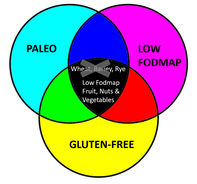

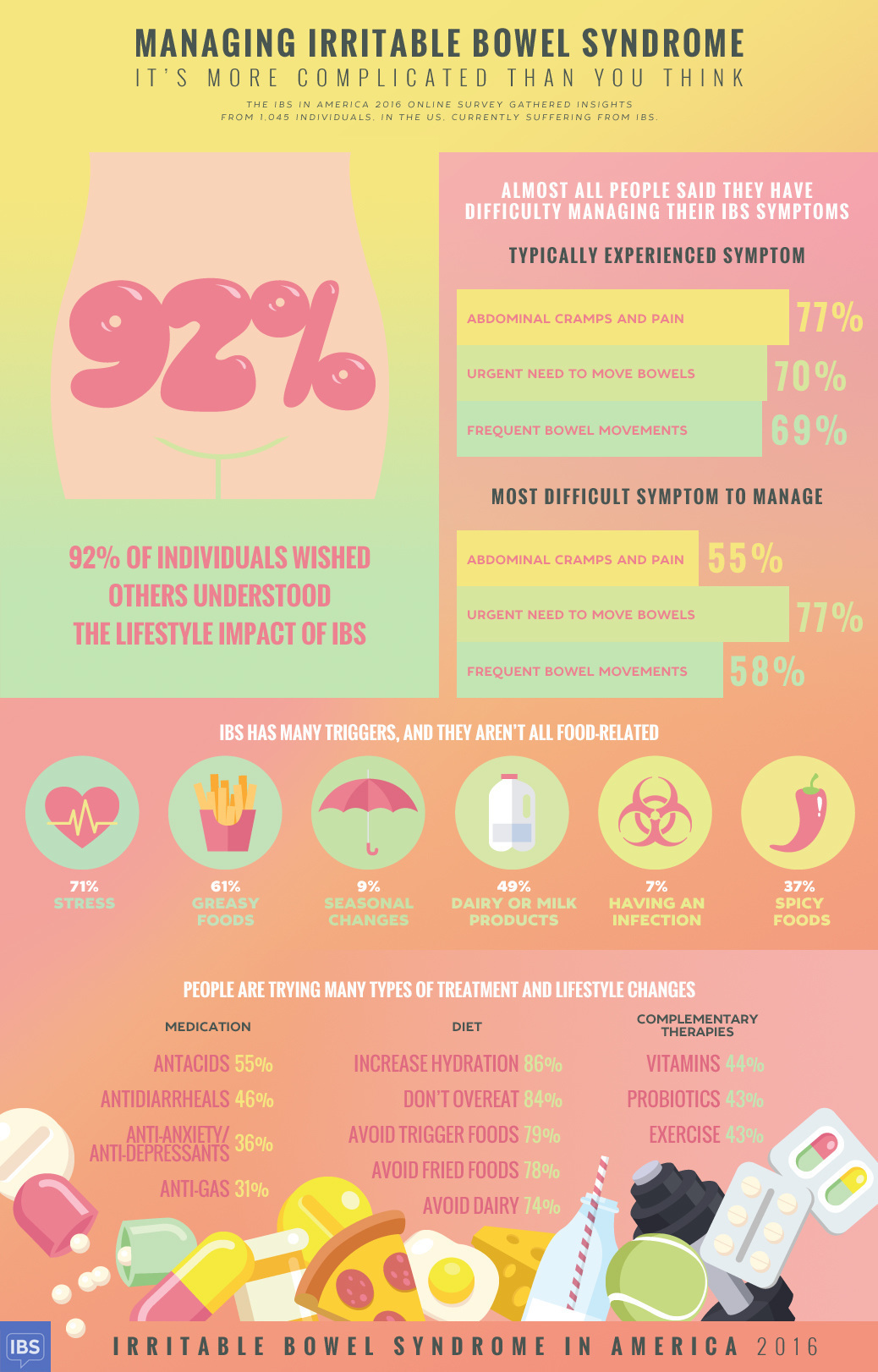
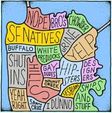

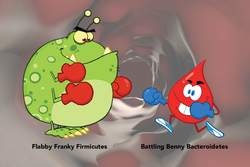
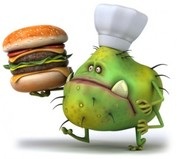



 RSS Feed
RSS Feed
